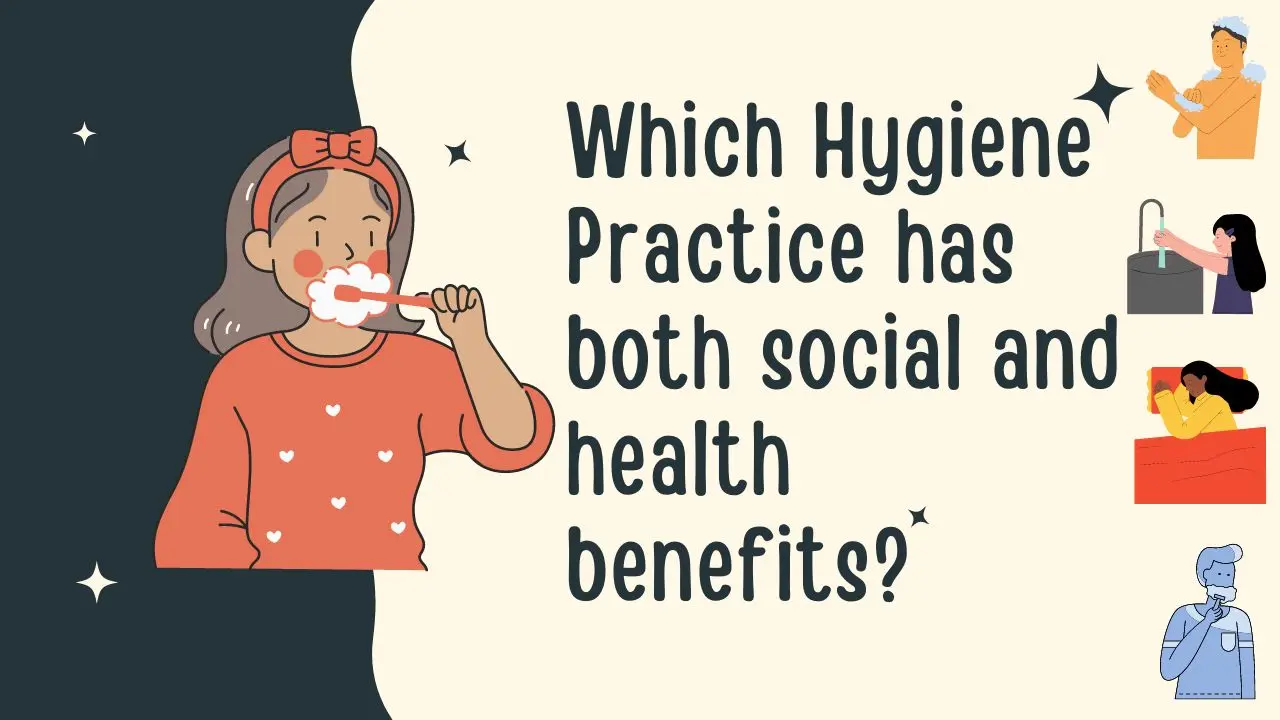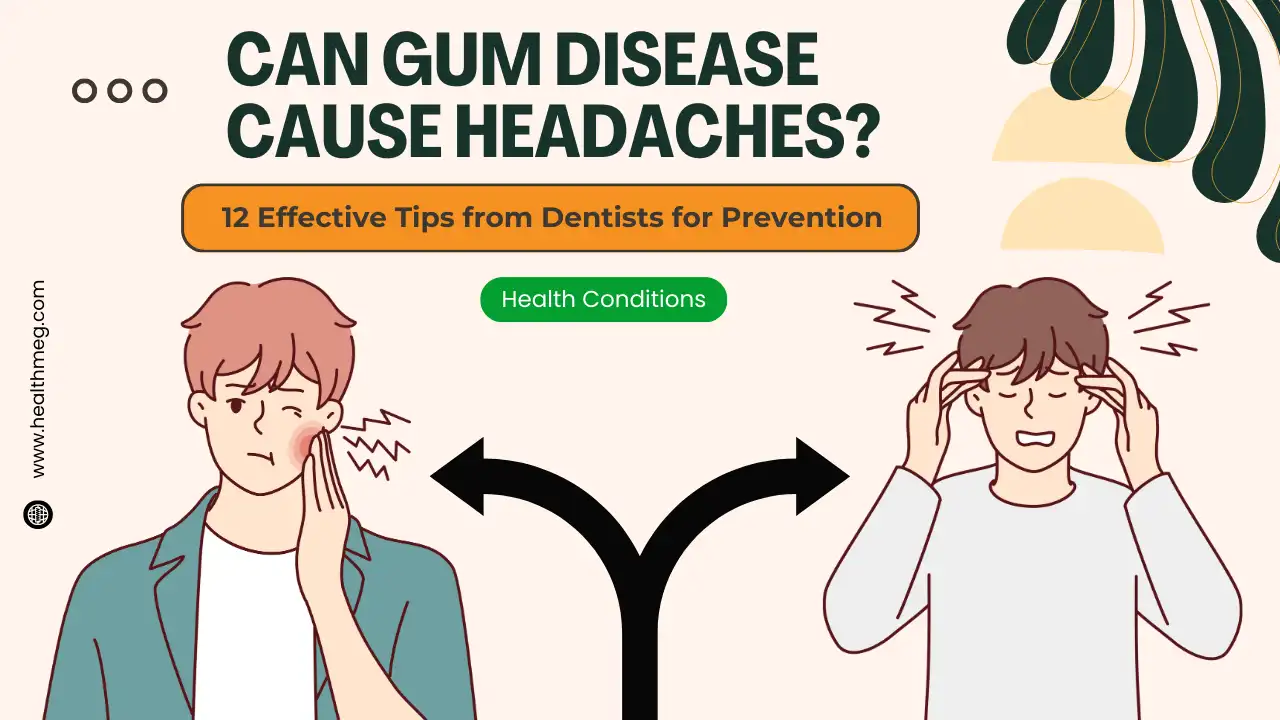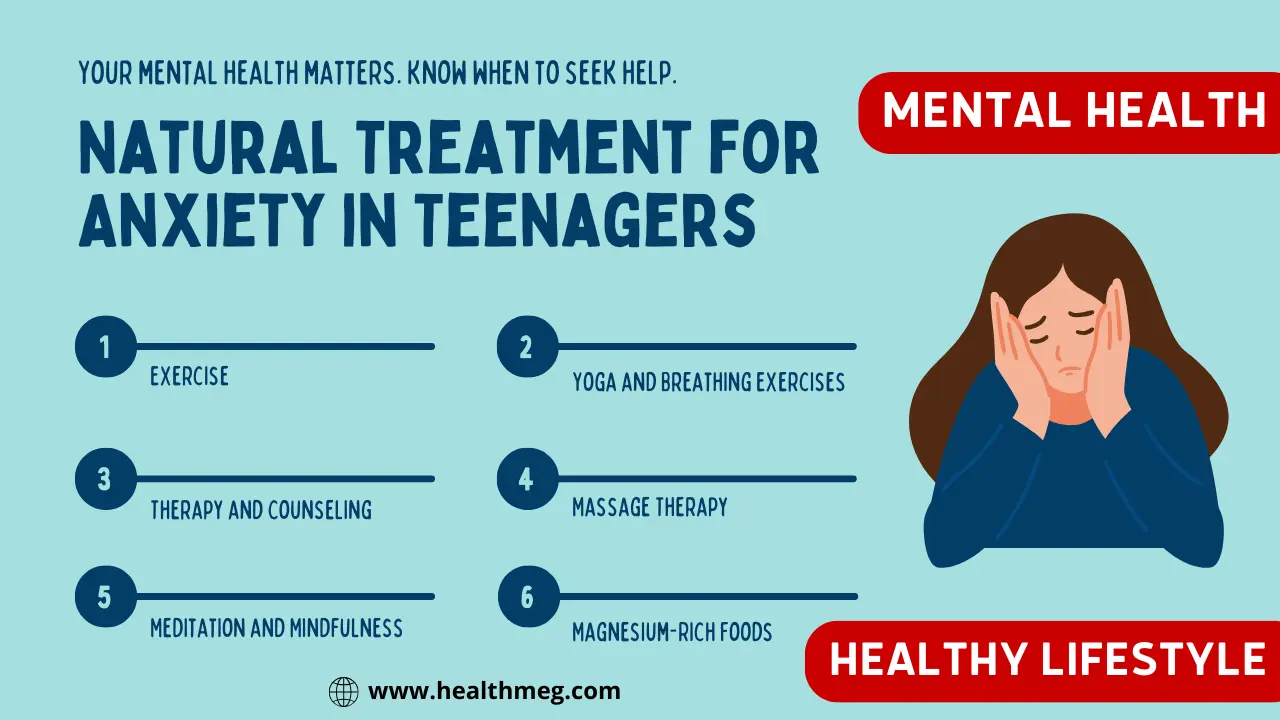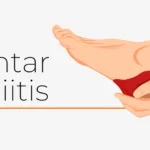Introduction
Practicing good hygiene involves a variety of daily self-care habits that promote improved health and social well-being together. Simple hygienic practices ranging from regular bathing to conscientious teeth brushing allow us to reduce illness risks while presenting our best appearances and impressions.
When performed consistently, techniques like washing hands frequently, changing clothes perpetually, and shaving carefully enable avoiding infections and feeling confident socially every day.
In this article, we will explore Which Hygiene Practice has both social and health benefits. With Top 10 Other Hygiene Practices.
Do read the People Also Ask (FAQs) about this topic.
Key Takeaways
- Good hygiene through self-care habits prevents contagious illnesses and supports positive social functioning together.
- Washing hands, bathing regularly, and healthful grooming like shaving carefully are all better health and social experiences.
- Quality sleep, cleaning clothes/linens routinely and managing foot health also provide dual benefits.
- Oral hygiene from brushing and flossing teeth is unique for drastic health upside and social confidence gain.
- No other hygiene practice improves systemic disease and social appeal together as profoundly as dental care.
- Everyone benefits from improving overall personal hygiene while making oral health a priority.
Why is hygiene important?
Hygiene is a fundamental aspect of maintaining good health and well-being. It involves practices that help prevent the spread of diseases and infections. Here are some reasons why hygiene is important:
- Disease Prevention: Good hygiene helps prevent the spread of diseases.
- Social Acceptance: Cleanliness can influence social interactions. People tend to prefer interacting with others who maintain good hygiene.
- Psychological Well-being: Practicing good hygiene can enhance self-esteem and confidence.
- Overall Health: Regular hygiene practices contribute to overall health and well-being.
Remember, hygiene practices may vary among individuals, but the goal is the same: to stay clean, healthy, and presentable.
Which Hygiene Practice has both social and health benefits?
Many different hygiene practices promote social and health advantages together. But considering the available medical evidence, brushing and flossing teeth may provide the most significant health and social benefits.
Alongside supporting positive social impressions through clean and bright smiles, brushing and flossing provide immense protective value against tooth decay, gingivitis and associated health complications.
The simple habit disrupts oral bacteria leading to chronic inflammation shown to worsen cardiovascular and other systemic diseases potentially.
No other hygiene practice prevents such harm through an easy, brief, daily practice. Investing a few quick minutes to brush and floss properly every day saves health and social face together better than any other self-care activity.
While improving other hygiene habits also proves helpful, brushing and flossing teeth offers the hygiene practice with the most substantial evidence demonstrating meaningful holistic benefit.
10 Hygiene Practices with Dual Social and Health Benefits
- Brush and Floss Teeth Properly
- Bathe Regularly
- Wash Hands Frequently
- Shower After Exercise
- Care For Your Feet
- Keep Clothes and Linens Clean
- Practice Groin and Private Area Hygiene
- Shave Carefully
- Use Complete Oral Care
- Follow Good Sleep Hygiene
1. Brush and Floss Teeth Properly
Brushing and Flossing Teeth Regularly brushing and flossing our teeth is one of the most important hygiene habits we can practice. According to the ADA, we should brush twice a day for two minutes each time, and floss at least once per day.
Brushing and flossing provides the following health and social benefits:
Health benefits:
- Prevents cavities and tooth decay
- Protects against gingivitis and periodontal disease
- Can help prevent other infections as bacteria from the mouth can enter the bloodstream
Social benefits:
- Gives us fresh breath, preventing bad breath or halitosis
- Keeps our smile bright and teeth visually appealing
- This shows that we care about our maintenance
With health and social advantages, brushing and flossing teeth is a simple practice that should be part of everyone’s daily routine. The ADA recommends using a soft-bristled toothbrush and fluoride toothpaste and gently brushing all inner and outer tooth surfaces. Floss helps disrupt bacteria and food particles between teeth. Doing both optimizes the health and appearance of our smile.
2. Bathe Regularly
Regular bathing helps in removing dirt, sweat, and oils from the skin. In the article of clevelandclinic stats that It can improve mental and emotional health, reduce muscle tension, improve blood circulation, and reduce sugar levels.
Health Benefits:
- Removing dirt, dead skin cells, germs, and sweat from our skin
- Preventing body odor and unpleasant smells
- Avoiding skin conditions like body acne
Social benefits:
- The relaxing effect of warm bath water
- Improved mood from taking quiet personal time
- Being clean helps us make positive impressions on others
- Applying nice soaps or fragrances can boost self-esteem
The frequency needed for bathing depends on one’s activity levels and personal oiliness/sweatiness. For most people, medical sources recommend bathing at least several times per week and potentially daily or twice a day. This keeps our skin and person fresh, healthy, and socially appealing.
3. Wash Hands Frequently
Washing our hands regularly is imperative for preventing the transmission of bacteria, viruses, and other pathogens responsible for many illnesses. Studies show that proper handwashing significantly decreases gastrointestinal issues, respiratory infections, and even complications of diabetes and childbirth in healthcare settings.
The CDC provides guidelines that handwashing for at least 20 seconds with soap substantially reduces infectious agents. Key times to wash hands include:
- Before, during and after food preparation
- Before eating
- Before and after contact with an ill person
- After toileting or changing diapers
- When hands are dirty
- After handling garbage
Beyond decreasing potential health issues through regular handwashing, it also serves social benefit by preventing unpleasant smells or appearances around unclean hands. Overall, frequent handwashing is one of the best habits we can develop to avoid getting ourselves and others sick.
4. Showering After Exercise
A recent 2019 study involving nine subjects explored the effects of cold showers on post-exercise cardiovascular recovery in high-temperature conditions. Results indicated a significant decrease in heart rate and cardiac stress. Sweating excessively can lead to body odor which can be socially distracting. Additionally, remaining sweaty can cause skin issues like folliculitis or skin fungal infections.
By promptly showering after physical activity, we wash away:
- Sweat residue on the skin that bacteria feed on
- Trapped debris and dead skin cells
- Chlorine chemicals from pools
- Heat rash triggers
- Skin fungus propagation
The social motivation for showering after exercise focuses on mitigating body odour from sweat. When we build up a sweat on workout clothes or skin itself, it can begin smelling unpleasant. Rinsing away sweat helps us remain odour-free.
Overall, making the effort to cleanse sweat, chemicals, and dirt off the skin after workouts improves health and social reception. Even quick rinse showers offer benefits over staying sweat-soaked for too long.
5. Care For Your Feet
Caring for Feet Properly Our feet endure much pressure and stress each day. As critical components allowing us to stand, walk and run, our feet deserve special hygienic care and cleaning. According to medicalnewstoday foot hygiene can lead to issues including:
- Athlete’s foot
- Bunions
- Diabetic neuropathy
- Ingrown toenails
- Plantar fasciitis
- Blisters
- Corns
- Heel spur
- Claw toe
- Stone bruise
Conscientious foot care and hygiene help prevent these problems. Best practices include:
- Washing feet daily with soap
- Drying carefully between toes
- Rotating shoes to avoid fungal buildup
- Choosing proper breathable footwear
- Disinfecting minor cuts to avoid cellulitis
- Treating plantar warts early
Addressing foot hygiene offers social benefits too. Well-cared-for feet without infections or odour make bare feet more socially acceptable. Caring for our feet prevents embarrassment and supports our mobility.
6. Laundering Clothes/Linens
Keeping our clothing and household linens clean means regularly washing them. Laundering habits serve health and social goals including:
Health benefits:
- Destroying microbes causing skin issues in fabric fibres
- Preventing the spread of contagions like MRSA on shared linens
- Reducing household allergens like dust mites
Social advantages:
- Keeping clothing free of body soil and stains
- Eliminating odours from sweat in workout wear
- Showing care for personal appearance
- Supporting positive impressions through clean linen
By washing clothing after a few wears and linens weekly, we stop microbial growth, reduce allergens and show social awareness. Having plenty of clean socks, underwear and sheets also promotes better hygiene practices overall.
7. Practice Groin and Private Area Hygiene
Groin and Private Area Care While an uncomfortable topic for some, properly cleaning the groin and private areas has marked hygienic importance. Yeast and fungal infections can propagate in moist folds of skin. Insufficient cleaning causes body odour issues.
Best practices for groin health involve:
- Daily washing with gentle cleansers
- Wearing breathable cotton underwear
- Gently cleansing skin folds and crevices
- Drying thoroughly after bathing
- Treating any infections promptly
The social benefit of groin hygiene focuses on eliminating odours that can cause embarrassment. It also promotes better intimate relationship health. Overall, private area hygiene deserves more attention for its health and social impacts.
8. Shave Carefully
Shaving Care Facial or body hair grooming like shaving can prompt skin issues if not done properly. Following suitable hygienic shaving protocols aids health and social presentation:
Health aspects:
- Preventing razor burn or rashes
- Stopping the spread of folliculitis bacteria
- Avoiding secondary skin infections
Social benefits:
- Keeping tidy appearances for work/friends/dating
- Supporting self-confidence through grooming
- Limiting embarrassing razor irritation
Key tips include always using clean razors, shaving with adequate moisturizing shave gel/cream and shaving gently in the direction of hair growth. Disinfecting small nicks also reduces infection chances. Going about shaving carefully prevents short-term skin troubles and supports positive social reception.
9. Use Complete Oral Care
Oral Care As mentioned with brushing teeth, proper oral hygiene combats health issues in the mouth. But other oral care tactics like proper tongue cleaning, use of mouthwash and regular dental cleanings also promote wellbeing.
Health benefits:
- Fighting gingivitis causing gum inflammation/bleeding
- Reducing halitosis and bad breath bacteria
- Potentially decreasing cardiovascular issues
Social benefits:
- Lessening bad breath for social interactions
- Boosting self-esteem from having a cleaner mouth
- Supporting teeth and gum visual appeal
Together with toothbrushing, making tongue cleaning, medicinal mouth rinsing and professional teeth cleaning part of routine oral care hygiene has demonstrable health and social upside.
10. Follow Good Sleep Hygiene
Restful Sleep Getting adequate regular sleep often gets overlooked as a health issue. But maintaining proper sleep hygiene benefits physical repair, mental health, and social interactions:
Health impacts:
- Immune system functioning
- Energy levels
- Lowering mental health issues
Social aspects:
- Better cognitive skills like memory/attention
- Reducing irritability with friends/colleagues
- Focusing during conversations
To promote restorative nightly sleep, the National Sleep Foundation recommends prioritizing a cool, dark sleeping environment, avoiding electronic use before bed, limiting caffeine/alcohol, and finding soothing pre-bed routines.
Conclusion
Practising sound personal hygiene requires dedicating time to self-care habits that benefit both health and social well-being. As we have explored, techniques like bathing regularly, washing hands frequently, grooming carefully through shaving, and sleeping adequately all promote reducing contagious illnesses while supporting positive impressions and self-confidence.
Each hygiene practice offers people integrated advantages – when we feel healthy, we interact better socially and when we present our best selves, we feel more positive and motivated to keep healthy regimes.
Among discussed health behaviours, maintaining oral hygiene through diligent brushing and flossing provides unique dual upsides. Fighting gum disease and dental decay through careful, regular teeth cleaning provides documented improvements against cardiovascular, cancer, diabetes and other systemic diseases over long horizons.
No other common hygiene routine prevents such severe illnesses through brief daily efforts. Alongside dramatic health gains, bright smiles and fresh breath permit better social exchanges and self-esteem – simple perks offering daily quality-of-life boosts. Altogether, oral health hygiene offers people the most substantial integrated health and social benefits among all standard self-care regimens.
People Also Asks (FAQs)
Q) Which hygiene practices have both social and health benefits?
Many standard hygiene practices provide integrated health and social benefits together. Habits like bathing regularly, washing hands frequently, wearing deodorant, and brushing/flossing teeth promote reduced infectious disease risk while supporting positive personal impressions and confidence in social interactions. Overall better hygiene prevents illness while improving social currency and self-esteem.
Q) Which hygiene practice has both social and health benefits? coloring hair brushing teeth wearing deodorant disposing of toxins ?
Of those options, brushing and flossing teeth has the most evidence-based dual health and social advantages. Maintaining good oral hygiene fights gum inflammation leading to multiple systemic diseases over longer horizons while giving benefits like fresher breath, whiter smiles, and more positive professional impressions day-to-day. The brief daily effort of brushing and flossing improves the outward appeal and reduces major internal illness risks more profoundly than any other listed hygiene behaviour.
Q) What does this hygiene practice help prevent?
A) Diligent oral hygiene through brushing teeth, flossing, and professional cleanings provides prevention against:
- Tooth decay/cavities
- Gum diseases like gingivitis and periodontitis
- Systemic issues like cardiovascular disease, diabetes complications, pneumonia and some cancers.
It also prevents bad breath and supports having a bright, appealing smile for better social interactions and self-image. Overall, prudent oral health hygiene offers the most substantial combined preventive advantages – reducing major illnesses over longer-term and day-to-day preserving positive impressions for relationship building.
Q) What are the 7 types of hygiene?
A) The 7 main types of hygiene include:
- Personal hygiene – bathing, handwashing, oral care
- Food hygiene – safe handling and preparation
- Home hygiene – clean housing/living spaces
- Medical hygiene – preventing hospital infections
- Public health hygiene – clean water, organized waste disposal
- Occupational hygiene – workplace safety protections
- Mental health hygiene – managing stress, prioritizing self-care
Q) What is the most important hygiene practice?
A) Regular handwashing with soap and water is considered one of the most effective and important hygiene practices for reducing infectious disease transmission. Vigilant hand hygiene can cut gastrointestinal issues, respiratory infections, and complications of pregnancy and diabetes care dramatically.
Q) What are the 3 types of hygiene?
The main three types of hygiene consist of:
- Personal hygiene – bathing, oral care, handwashing
- Domestic/home hygiene – clean housing, safe food storage
- Public health hygiene – clean water access, organized waste/sewage systems
Q) What are social practices of hygiene?
A) Key hygiene practices with social motivation include oral care for fresh breath, regular bathing/deodorant for better smells, grooming like shaving or hair removal and laundering clothes. These allow positive personal impressions in social settings.
Q) Why is hygiene important in health and social care?
A) Good hygiene prevents the transmission of illnesses between patients, care providers and the general public. It also allows better recovery and social functioning through practices like good nutrition, oral care, and regular changes of clothes/linens for comfort and dignity.
Q) What are good health and hygiene practices?
A) Good health and hygiene practices include washing hands properly, bathing regularly, timely laundry, safe grooming like neat hair and nails, oral care through brushing and flossing, wearing clean clothes, and bandaging any wounds appropriately.












